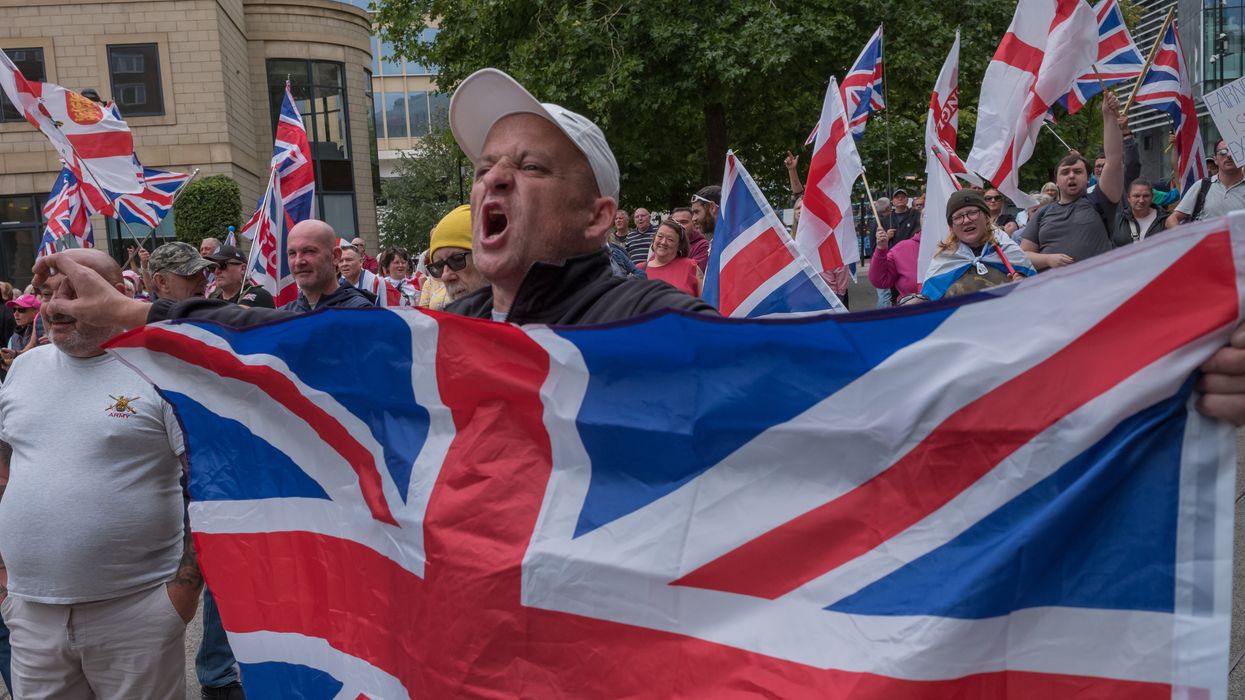ANTI-MIGRANT protests were held across UK on Sunday outside hotels housing asylum seekers. This followed clashes a day earlier when police intervened to separate demonstrators and counter-protesters in several cities during rallies over immigration policies.
Immigration has emerged as the top concern in public opinion polls, putting pressure on prime minister Keir Starmer’s Labour government to act on its promise to end the use of hotels, which costs billions of pounds annually.
Protests outside hotels housing asylum seekers have become frequent in recent weeks. Some have been linked to safety concerns after a migrant accommodated in a hotel east of London was charged with sexual assault.
Demonstrations on Sunday were reported in different parts of the country, including Epping in east London, Bristol, and Birmingham.
A court ruling last Tuesday ordered the removal of asylum seekers from a hotel in Epping, which has been at the centre of anti-immigration protests. The government plans to appeal. Protesters returned there on Sunday, carrying British flags and placards with slogans such as "Epping says no" and "Stop the boats".
On Saturday, anti-immigration rallies were held in towns and cities across England, Scotland and Wales.
Official data released on Thursday showed asylum claims were at record levels, with more migrants placed in hotels compared with the previous year.
Reform UK leader Nigel Farage, whose party has recently led in voting intention polls, outlined plans for mass deportations of migrants arriving in small boats from mainland Europe if his party came to power.
He told The Times that his proposals included withdrawing Britain from the European Convention on Human Rights, striking repatriation agreements with countries such as Afghanistan and Eritrea, and setting up holding sites for 24,000 migrants.
On Sunday, the government announced reforms to the asylum appeals process aimed at speeding up decisions, cutting the backlog of cases and reducing reliance on hotels for accommodation.
The plans include creating an independent body of adjudicators to handle asylum appeals and address a backlog of 106,000 cases, of which 51,000 are appeals with average waiting times of more than a year.
Home secretary Yvette Cooper said the measures were designed to "restore control and order" to a system she said was "in complete chaos" when Labour took office last year.
"We cannot carry on with these completely unacceptable delays," Cooper said.
(With inputs from agencies)





